Maddie McCann disappearance 10 years on
IT’S been almost a decade since Maddie McCann vanished during a family holiday in Portugal. As Stellar learnt on a visit to Praia da Luz, the case still haunts the sleepy village.
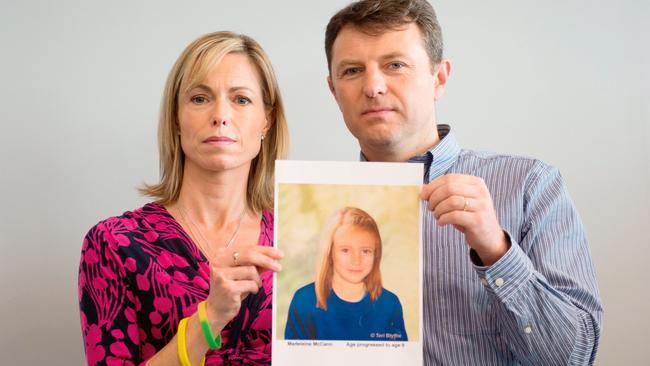
Stellar
Don't miss out on the headlines from Stellar. Followed categories will be added to My News.
NEXT month, a family in rural England will mark a heart-wrenching milestone. It will be 10 years since their daughter and sister, Maddie McCann, disappeared from their holiday villa in a beachside town in southern Portugal.
The search for Maddie would run the length and breadth of Europe, destroy the careers of investigating police officers, ruin the reputations of those on whom suspicion fell, damage the local economy, and spark a $20 million UK police investigation.
For Maddie’s parents, Kate and Gerry, it has been a decade of pain, of false accusations, false leads and false hopes. Ten years of tears for their beautiful little girl, who went to bed in her pink pyjamas and was never seen again.
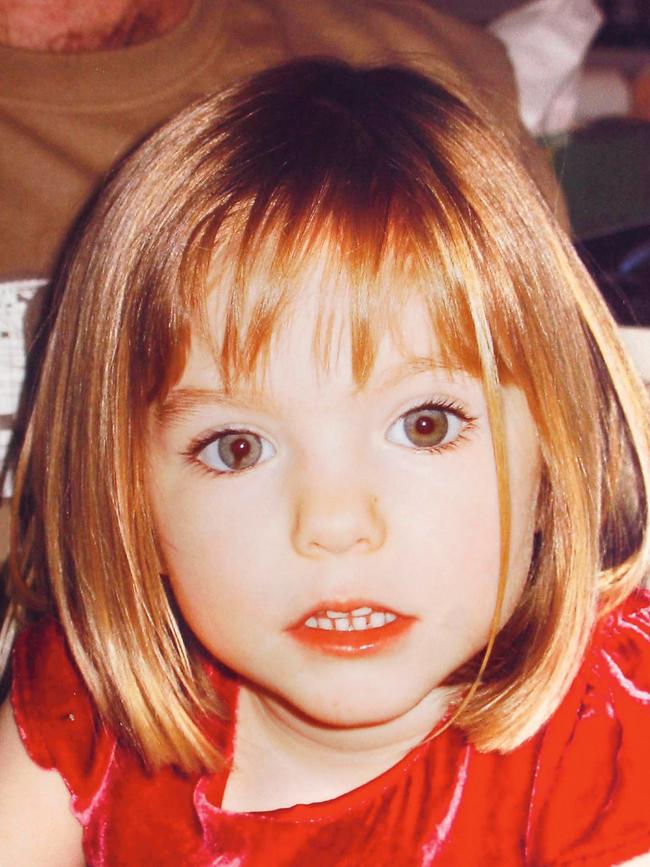
The disappearance of Madeleine Beth McCann, aged three, on May 3, 2007, is a well-known story around the world.
When her father, a consultant cardiologist, checked on her and her then two-year-old twin siblings at 9.05pm, she was sound asleep with her soft toy, Cuddle Cat.
At 10pm when her mother, a GP, went to check again, she was gone.
Standing outside the whitewashed walls of the villa a decade later, it’s still impossible to understand how someone could have smuggled a small child out of this sleepy little town.
Praia da Luz is clean, quiet and set on a steep slope down to the beach. It draws so many British tourists, mainly on the EasyJet cheap flights to nearby Faro, it’s sometimes called Little Britain.
The local pub, The Bull, shows English TV in the bar, serves Tetley tea and has Guinness on tap. The only way you would know you’re in Portugal is because you can smoke inside.
João Mira Godinho is a crime reporter with newspaper Correio da Manhã, and has covered Maddie’s disappearance for the past 10 years.
His phone rang early on May 4, 2007, startling him from sleep.
“I had a friend in the British press. He called me and said on May 3 a little girl had gone missing from Praia da Luz,’’ he tells Stellar.
“Then the phone calls started all through May 4 and from May 4 to September. I went to Praia da Luz every day, every day, every day.’’
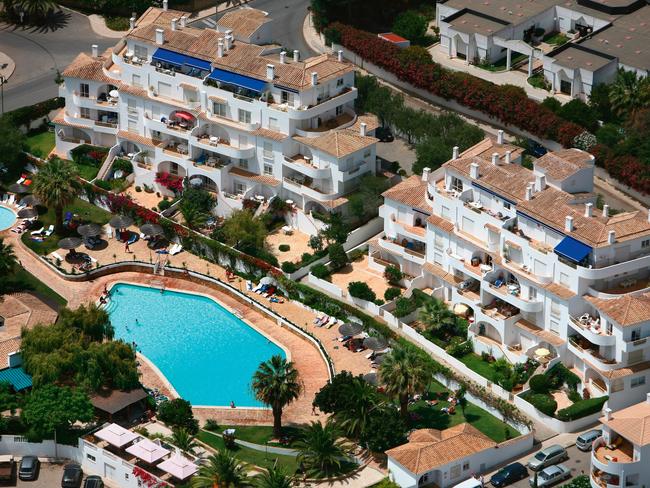
There was something about the little blonde English toddler lost in a strange country that struck a chord. The media came from around the world. The Maddie McCann disappearance became one of the most reported missing persons cases in history.
“The British had all the information from the parents and Clarence Mitchell [the McCann’s high-powered media spokesman]. We had the information from our sources in the PJs [Portuguese Polícia Judiciária],’’ Godinho says. “It was like a turf war.’’
No one really wins in war. The police were unable to find any evidence a stranger had broken into the villa and stolen Maddie. So they began to look closer to home.
“The Portuguese police started to look towards the theory that the girl had been killed by the parents — I’m not saying that is right, I’m saying it was a theory,’’ Godinho explains.
The McCanns were officially named as suspects in September 2007. The status was revoked just a few months later, but the damage to their reputations was done. Online, blogs and websites started to spring up from people pinning the blame on the McCanns.
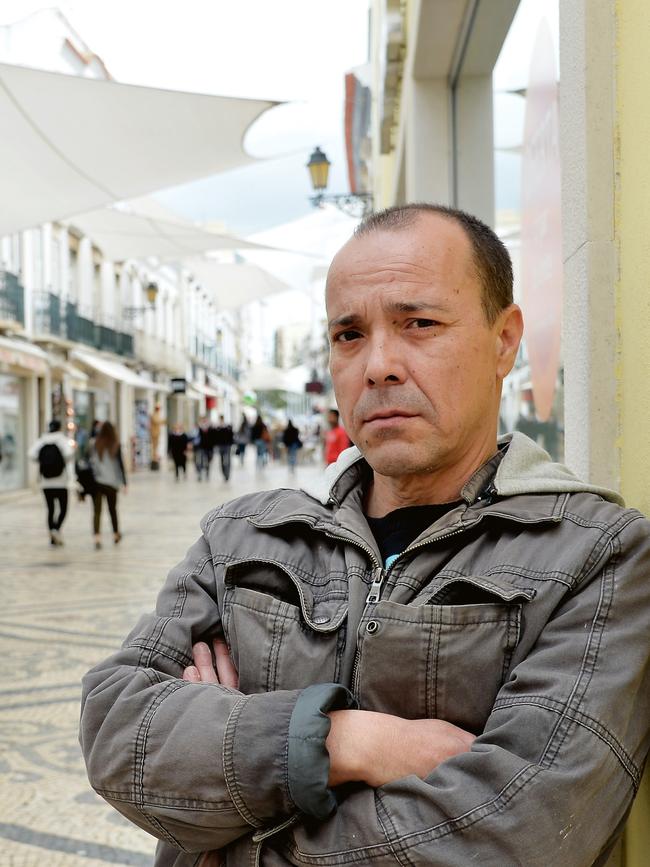
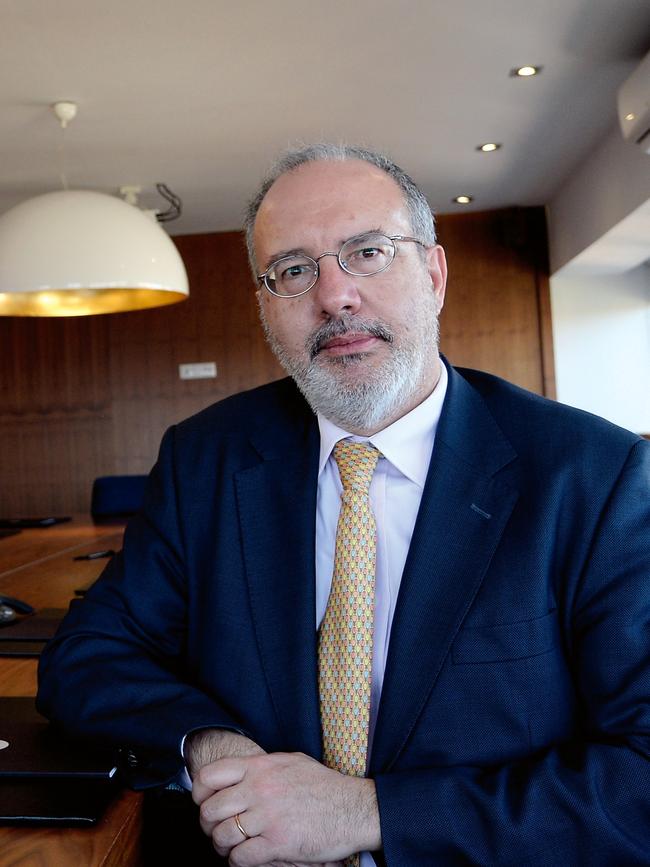
The family’s Portuguese lawyer, Rogério Alves, tells Stellar it was a “serious mistake’’ by the police to name the McCanns as suspects.
“Later on, the main officer of the Judicial Police testified that it had been a mistake to have those suspicions about them and make them become defendants. There was nothing in the file that could sustain the incrimination. The inquiry finished and the public prosecutor decided there was nothing against them.’’
Despite this, the McCanns have been subjected to a vicious decade-long campaign of abuse, much of it on social media.
A study by England’s University of Huddersfield earlier this year found that the McCanns were still bombarded with an average of 150 critical messages a day, every day, posted on Twitter, Facebook and various online message boards.
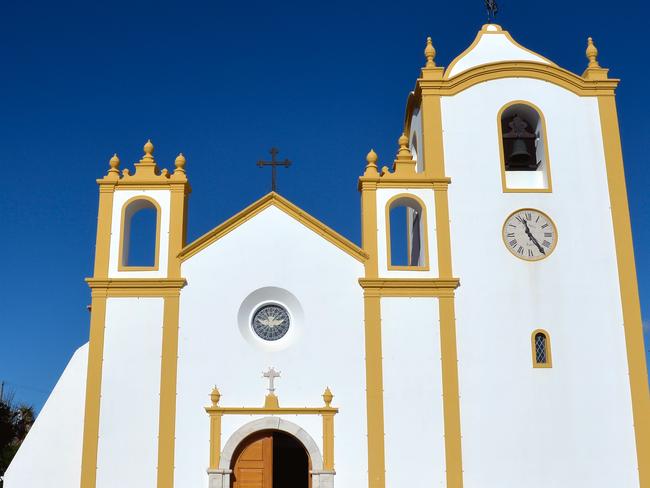
While the main victims of the mystery have been Maddie and her family, the case has also caused much damage to others who came into contact with it.
Guilhermino Encarnação, who was the head of police in the Faro district, had the first responsibility for the McCann case. He died in 2010 from stomach cancer, his career overshadowed by the failure to find Maddie, and an earlier controversy involving another missing girl.
Then there was Gonçalo Amaral, the detective who led the field investigation into Maddie’s disappearance.
He was later stood down from the police force over interviews he gave to the press, and went on to write a book, Maddie: The Truth Of The Lie, accusing the McCanns of involvement in Maddie’s disappearance. The McCanns sued him for libel, but after three court cases the Portuguese courts this year dismissed their case. But by then the former cop’s career and health were destroyed, his fledgling security consultancy failed to take off, his book was pulped and he was out of money.
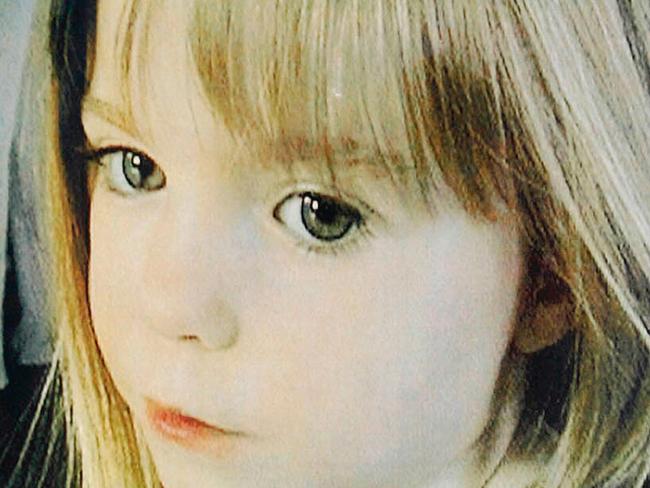
He left the district and moved to the capital Lisbon, where he is avoiding the media and, through his lawyer Miguel Cruz Rodrigues, declined to comment to Stellar, saying the case was in the “judicial secrecy phase’’.
Robert Murat was another person who became collateral damage.
The ex-pat British-Portuguese man lived just down the road from where Maddie’s villa was, and volunteered to translate for the McCanns, who didn’t speak Portuguese.
Suspicion fell on him and, although he was never arrested, he was interrogated several times, including under caution, and his yard was dug up in an ultimately fruitless search.
At the walled villa he used to call home with his mother, the place is now barricaded shut with roller shutters on the windows. At the local supermarket and shops, people believe he has left town, saying they haven’t seen him, or his elderly mother, for years.
Godinho says Murat became a suspect on an anonymous tip simply because people were so desperate for a solution.
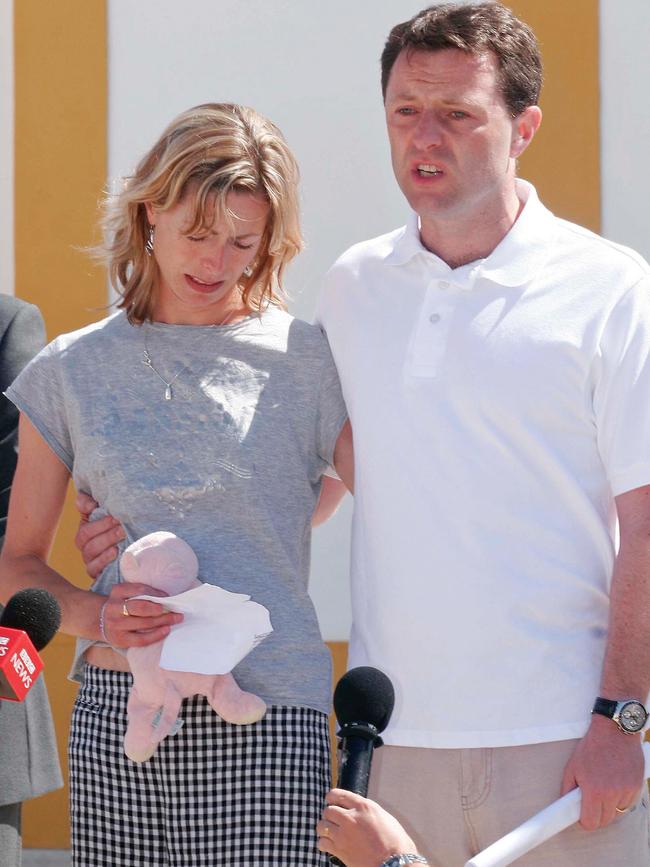
“He was an odd guy. He had a glass eye and he lived 50 metres to 100 metres from the villa. He became a suspect because an English journalist thought he was strange,’’ Godinho explains.
The publicity it brought to Praia da Luz drove tourists away, damaged the local economy and cost locals their jobs as the hotel rooms, restaurants and coffee shops sat empty for several years.
The locals are now reluctant to revisit those times, and are apprehensive about the 10-year anniversary.
One woman, who’s worked in a bar in Praia da Luz for 17 years, says that people came for years asking questions about the villa, and the church where the McCanns would go to pray.
Now, she adds, it’s just journalists who come around asking questions.
The idea that the McCanns might have had involvement in their daughter’s disappearance continues to fester in Portugal. For many people, it’s based on nothing more than discomfort that the McCanns left such young children sleeping alone in their unit while they ate with friends. The restaurant was only 55 metres away, but the front door was out of line of sight, and involved a walk around the pool, onto the street, and up a handful of steps to the door.
Money matters little when a child is missing, but the economic impact of Maddie’s case was significant.
The owner of villa 5A where Maddie went missing, retired teacher Ruth McCann (no relation), tried for years to sell it, eventually letting it go to another Englishwoman recently for just $185,000, less than half the original asking price of $419,000.
The hotel and villa complex has changed its name from Ocean Club to Luz Ocean Club. The local councillor for Praia da Luz, Victor Mata, tells Stellar that locals believe it’s now time for the case to be “erased and forgotten”.
“It did have an impact not only on the village but also on the whole country,’’ he says.
“Back then we noticed there were fewer tourists for a while, but now we have fully booked hotels at this time of the year.’’
In England, the Metropolitan Police launched their own inquiry in 2011. Operation Grange was recently given a funding boost, taking the cost of the probe to more than $20 million. It’s due to wrap up in September this year. Its main focus has been on whether Maddie was taken by a European human trafficking gang.

The McCanns declined to comment for this article. Over the years, they have made frequent trips to Portugal and to Praia da Luz, chasing leads, dealing with legal issues, sometimes just to pray at the picturesque church on the waterfront, a few hundred metres away from where Maddie disappeared on that fateful day.
Alves meets them whenever they come to Lisbon.
“The case is like being asleep, waiting for someone to wake [it] up and say, well, we have a clue, let’s go [chase] that clue,’’ he says.
“The most important thing would be … what can we do now, what can the police do to find Maddie?
“Nobody really knows where Maddie is at this moment. We don’t know if she’s dead or alive.”
Alves is also thinking about her parents and siblings.
“I think everybody will understand that for a father and a mother who are still suffering about what happened 10 years ago, they will fight until the end.
“They are suffering for the past 10 years. They are suffering something that everyone understands is terrible, one of the most painful things you can imagine that may happen to a child.
“This is not a legal matter, a judicial matter, this is a human matter.’’
Maddie McCann disappeared nine days before her fourth birthday. If she’s still alive, she will be almost 14 years old.
Praia da Luz means “beach of the light’’ in Portuguese, but a dark shadow will forever fall on the quiet little village so inextricably linked with one missing little girl.
Originally published as Maddie McCann disappearance 10 years on


